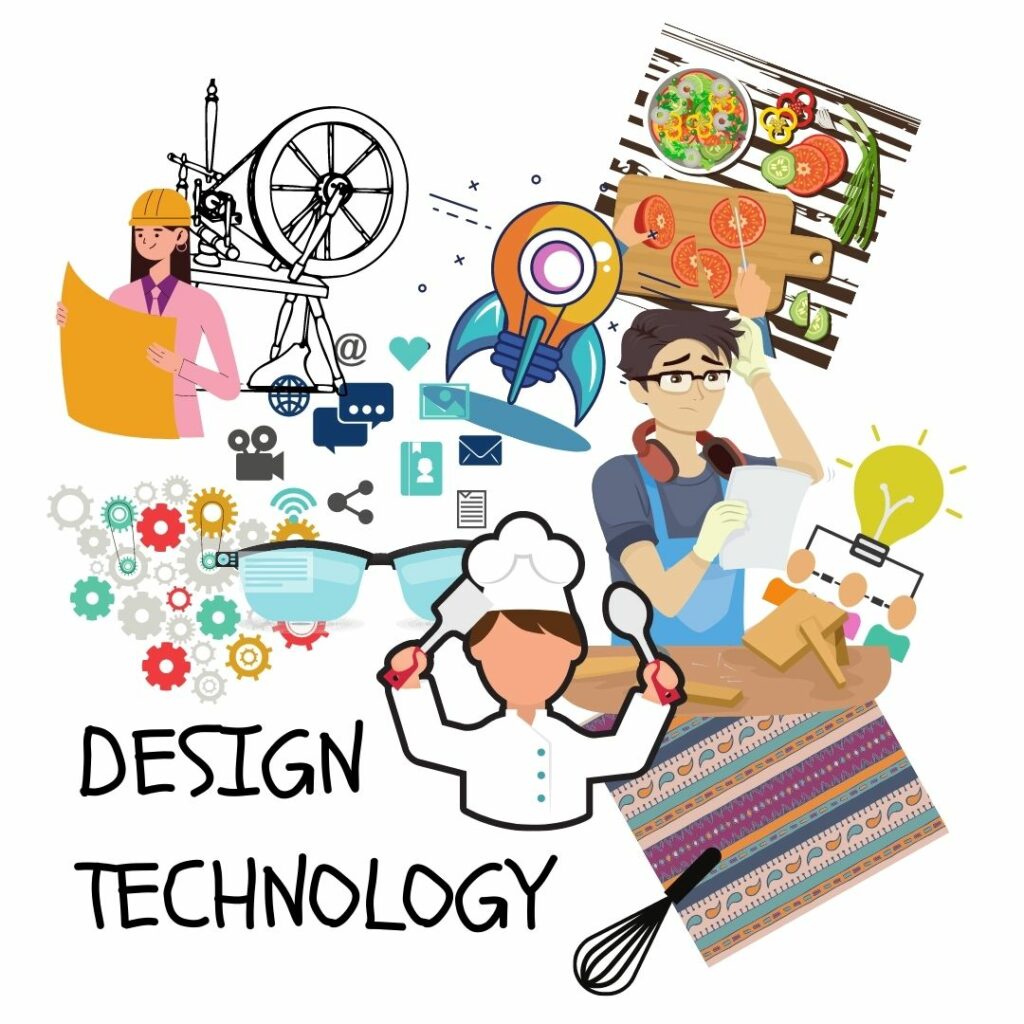Design and Technology
Aims
The national cur riculum for design and technology aims to ensure that all pupils:
riculum for design and technology aims to ensure that all pupils:
- develop the creative, technical and practical expertise needed to perform everyday tasks confidently and to participate successfully in an increasingly technological world
- build and apply a repertoire of knowledge, understanding and skills in order to design and make high-quality prototypes and products for a wide range of users
- critique, evaluate and test their ideas and products and the work of others understand and apply the principles of nutrition and learn how to cook.
Intent
At Decoy School, Design and Technology is part of this curriculum helping to raise standards in other subjects including English and Maths. Children are encouraged to use their creativity and their imagination to design and make products that solve real and relevant problems whilst considering their own and others’ needs, wants and values.
Design and Technology is an inspiring, rigorous and practical subject. Children learn to think and intervene creatively to solve problems both as individuals and as members of a team.
The Design and Technology curriculum combines skills, knowledge, concepts and values to enable children to tackle real problems. It can improve analysis, problem solving, practical capability and evaluation skills which prepares children for life beyond primary education. Evaluation is an integral part of the design process and allows children to adapt and improve their product, this is a key skill which they need throughout their life.
Implementation
All teaching of DT will follow the design, make and evaluate cycle. The design process is rooted in real life, relevant contexts to give meaning to learning. While making, children should be given choice and a range of tools to choose freely from. To evaluate, children should be able to evaluate their own products against a design criteria. Each of these steps should be rooted in technical knowledge and vocabulary. DT should be taught to a high standard, where each of the stages should be given equal status. Skills are taught progressively to ensure that all children are able to learn and practice in order to develop as they move through the school.
